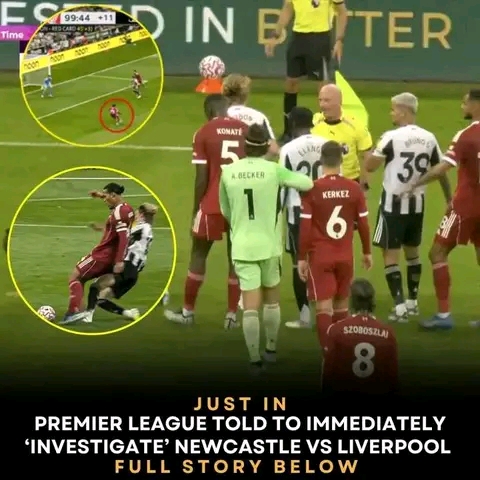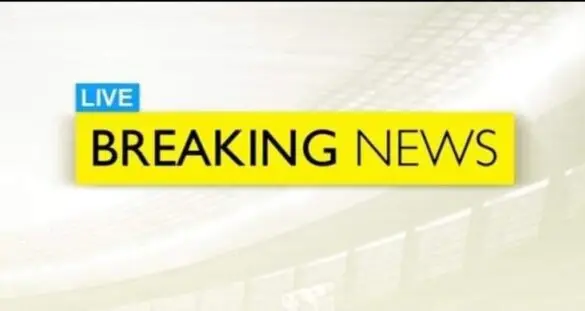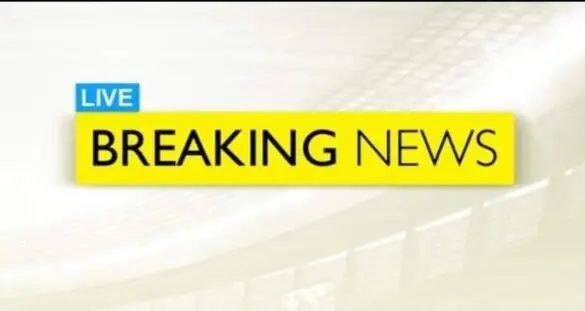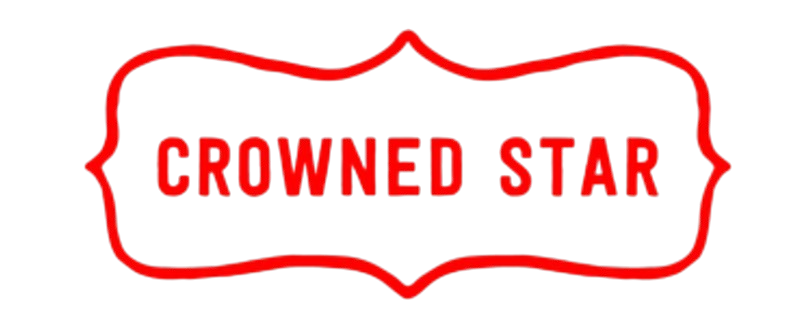LIVERPOOL
🚨🏟️🚨 JUST IN: Completely unexpected! Out of nowhere! 😲 FULL STORY 🔥IN THE COMMENTS BELOW 👇👇

Absolutely, let’s dive deep into a full, dramatic, highly detailed, and vivid explanation of what such a headline might mean. Imagine you’re reading this headline on social media or in breaking news:
—
🚨 JUST IN: Completely Unexpected! Out of Nowhere! 😲
At first glance, this headline might seem vague or even clickbait-y, but it’s precisely that mystery and ambiguity that stirs curiosity. Let’s unpack it and explore the implications, context, psychology, and potential scenarios behind such an announcement.
—
1. Shock Value & Urgency
The words “JUST IN” and the emergency emoji 🚨 immediately trigger a psychological response known as the “urgency effect.” This is when something seems so important or time-sensitive that we feel compelled to stop whatever we’re doing and pay attention.
“JUST IN” is used by media outlets to signify breaking news — something that has just happened and is still unfolding.
The red siren emoji reinforces this with a visual cue, akin to flashing lights on an ambulance or police car, suggesting that the information is both important and immediate.
—
2. “Completely Unexpected!” – A Disruption of Assumptions
This part of the headline is what we call a schema violation — it goes against what people were anticipating or expecting.
Humans build mental models of how the world should behave. When something defies those models — say, a peaceful country suddenly facing a major political upheaval, or a beloved celebrity announcing something shocking — we label it as “unexpected.”
“Completely unexpected” implies zero warning signs, no prior indicators, no leaked rumors. It’s the narrative equivalent of walking into your living room and finding a horse standing there. You just don’t see it coming.
—
3. “Out of Nowhere!” – The Appearance of Suddenness
This phrase intensifies the mystery. It suggests not only was this event unanticipated, but it also materialized rapidly, as if it came from thin air.
It triggers the feeling of immediacy, as though the news emerged without context, without buildup, without explanation.
Think of a surprise resignation, a sudden arrest, a meteorological event (like a flash flood), or even a major tech company’s unexpected product release. These events often have precursors — but in this case, even the precursors weren’t visible to the public.
—
4. Why Is This Kind of Headline Effective?
Let’s look at the emotional and psychological underpinnings of why people gravitate toward headlines like this:
Curiosity Gap: This is a marketing principle. You give the audience just enough to intrigue them, but not enough to satisfy their curiosity. So they click to fill the gap.
FOMO (Fear of Missing Out): If everyone is talking about it, and you don’t know what “just happened,” you’ll feel left out. The emoji and “JUST IN” amplify that.
Adrenaline & Dopamine: The surprise factor causes the brain to release dopamine — the “feel-good” neurotransmitter. It’s the same chemical that makes gambling or mystery novels exciting.
—
5. Real-World Scenarios That Fit This Headline
Here are detailed examples of events that might earn such a headline:
A. Political Shake-up
> 🚨 JUST IN: Prime Minister Resigns Without Warning!
After a closed-door cabinet meeting, the Prime Minister of a major world power announced their immediate resignation, citing “personal reasons.” No prior reports suggested political tension. World leaders are stunned.
B. Tech World Disruption
> 🚨 JUST IN: Apple Secretly Launches Foldable iPhone!
With no leaks, no keynote, and no press release, Apple just uploaded a new product to its website — a foldable iPhone that integrates a new AI assistant. Experts say it could change the industry overnight.
C. Celebrity Scandal or Surprise
> 🚨 JUST IN: Global Superstar Announces Sudden Retirement!
Just hours before their world tour was set to begin, the music icon posted a handwritten note to Instagram: “This chapter ends here. I need silence.” Fans around the globe are in disbelief.
D. Natural or Cosmic Event
> 🚨 JUST IN: Meteorite Crashes Into Suburban Backyard!
Residents of a quiet Chicago neighborhood were woken up at 3:17 AM by a thunderous crash. What they found was a 4-foot-wide meteorite, now being investigated by NASA.
—
6. Media Strategy and Public Reaction
From a media strategy point of view, such headlines are tools for engagement engineering. The media wants:
Clicks
Shares
Comments
Discussions
This type of language increases the virality of content. People might share it simply because of the emotional jolt they experienced, even before verifying its content.
From a public reaction standpoint:
Some people feel excited or intrigued: “I need to know what this is about!”
Others may feel anxious: “Is this bad news? Is it about my country?”
A few become skeptical: “Is this just another media stunt?”
—
7. The Dark Side: Misinformation Risks
While these headlines are great for grabbing attention, they also come with risks:
Vagueness: Without details, people speculate wildly — often inaccurately.
Panic: In cases of emergencies, vague sensationalism can cause unnecessary fear.
Clickbait backlash: If the “unexpected” event turns out to be minor, the audience may feel manipulated, reducing trust in the news source.
—
8. In Summary
The headline:
> 🚨 JUST IN: Completely Unexpected! Out of Nowhere! 😲
…is carefully crafted to hijack attention, generate emotional response, and stir curiosity. It’s a masterstroke of attention economy tactics, designed to pull people out of their current focus and into a state of urgency, confusion, and intrigue — all at once.
Whether it’s the announcement of a world-changing event, or just a cleverly worded teaser for something far more mundane, the power of such a headline lies in its psychological punch and minimalism.
—
Would you like to imagine a full news story to go with this headline? Or should I turn it into a parody or meme version?
-

 Barcelona8 months ago
Barcelona8 months agoVideo | Barcelona’s deceptive free kick against Athletic Bilbao
-

 Manchester United8 months ago
Manchester United8 months ago“I was forced to make that call…the wrong call wasn’t really my decision but they made me do it” I couldn’t do anything about it cause I’m only an official not the owner of the league…They wanted Manchester United to win Liverpool by all means💔”…those were the words of Micheal Oliver the Referee of the Liverpool Vs Manchester United match with strong claims that it wasn’t his decision rather be was ordered to🙀‼️‼️
-

 CHELSEA8 months ago
CHELSEA8 months agoAm tired of this place i want to leave” – Club make bid to sign £380k-per-year Chelsea ace who wants Stamford Bridge exit
-

 LIVERPOOL8 months ago
LIVERPOOL8 months agoLiverpool has officially completed the sensational signing of Spanish international Dani Olmo
-

 CHELSEA8 months ago
CHELSEA8 months agoIt will be amazing if he joins me here at Stamford Bridge. Even though it seems highly unlikely, it won’t kill me to try to convince him to join me here. I would very much love it if he joins me” – This is according to Cole Palmer as he has weighed in on the speculation surrounding Kobbie Mainoo’s potential move to Chelsea. The young midfielder has been the subject of transfer rumors, and Palmer’s reaction has added fuel to the ongoing discussions.
-

 Real Madrid8 months ago
Real Madrid8 months agoAncelotti drops everything on Endrick after the carton facing Minera : « It must be.. ».
-

 Manchester United8 months ago
Manchester United8 months agoRuben Amorim isn’t a baby coach so he should have known best not to start this player against Liverpool,you’ve tried him enough and he’s not giving any good results just get him replaced already, at first I thought it was Marcus Rashford causing the problems but I guess I’m wrong…keep starting him and he’ll get you sacked sooner than expected!” sports pundit Gary Neville speaks on Manchester United Player’s performance against Liverpool today
-

 ARSENAL8 months ago
ARSENAL8 months agoBREAKING NEWS: Arteta Tells £55M Arsenal Star to Find a New Club After Costly Newcastle Error
